Business Professionalism
How to Be a Business Professional

5 Hours average completion time
0.5 CEUs
10 Lessons
19 Exams & Assignments
129 Discussions
10 Videos
23 Reference Files
15 Articles
Mobile Friendly
Last Updated January 2026
Crafting Your Corporate Persona: Navigating the Labyrinth of Professional Etiquette
In today's fast-paced corporate realm, success is no longer solely tethered to qualifications or hard skills. There's an intricate tapestry of unspoken rules, delicate power balances, and nuanced behaviors that steer one's professional voyage. Welcome to the domain of business etiquette and workplace professionalism - the compass by which industry stalwarts and aspiring entrants alike can chart their journey to unprecedented success.
Our meticulously curated course bridges the chasm between conventional wisdom and contemporary corporate dynamics. Whether you're an ambitious newbie, eager to make a memorable first impression, or a seasoned CEO aiming to resonate more profoundly with your team, this course promises insights that transcend job titles and hierarchies.
Imagine stepping into a pivotal interview, armed not just with your credentials but also the confidence that you exude the right demeanor, or visualizing yourself handling a potentially volatile situation with the grace and tact of a diplomat. This course isn't just about teaching -- it's about transformative experiences.
Journey through a Comprehensive Curriculum:
- Evolving Etiquettes: Traverse the evolution of workplace protocols, understanding their roots and their modern-day implications.
- The Power of Communication: Unlock the subtle art of saying the right thing at the right time, and sometimes, the potency of silence.
- Navigating Career Quicksands: Unearth the behaviors that, unbeknownst to many, hinder growth and how to sidestep them.
- The Labyrinth of Office Dynamics: Tread through the intricate maze of office politics, allegiances, and rivalries, equipped with strategies to emerge unscathed.
- Tackling the Tough Calls: Grasp the delicate intricacies of managing challenging scenarios, be it terminations, interoffice relationships, or ethical dilemmas.
- Mastering the Mingling: Decode the unspoken tenets of networking, ensuring you leave an indelible mark in every professional interaction.
- Cultural Sensitivity & Political Correctness: Celebrate the diverse tapestry of the modern workplace and understand the nuances of respectful and inclusive behavior.
Through a blend of ten illuminating lessons, our course not only touches upon the theoretical facets of business etiquette but provides actionable strategies tailored to diverse professions. So whether you wield a hammer, a calculator, or a pen, these lessons resonate with your unique professional landscape.
As you delve deeper, you'll encounter real-life case studies, interactive scenarios, and expert testimonies that render learning both engaging and practical.
In the ever-shifting sands of the corporate desert, let this course be your guiding North Star. Elevate yourself from being just another face in the crowd to the embodiment of professional grace and integrity. Equip yourself with the acumen not just to play the game, but to redefine it. Dive into a world where your job doesn't just remain a mere designation but evolves into a testament of your growth, vision, and unparalleled professionalism.
- Balancing personal and professional boundaries
- Mastering professional image
- Building trust and credibility
- Enhanced communication skills
- Navigating office politics adeptly
- Effective networking strategies
- Handling difficult situations gracefully
- Maintaining ethical standards
- Cultural sensitivity and awareness
- Adapting to organizational change
-

Strategic Planning
-

Leadership Skills for Managers
-

Workplace Violence: A Guide to Responding and Preventing
-

Procurement Management
-

Delegation Skills
-
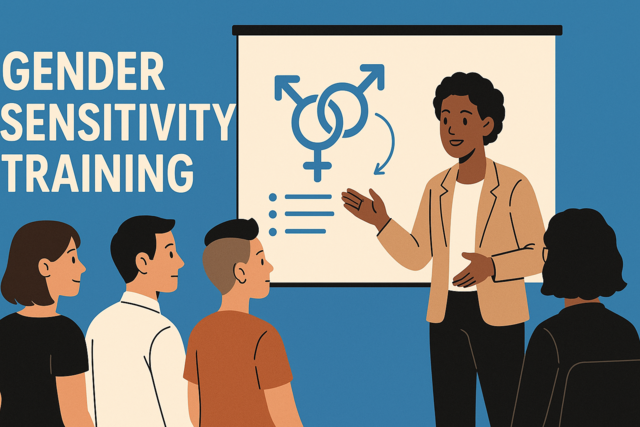
Gender Sensitivity Training
-

Recruitment and Retention Strategies
-

Resolving Workplace Conflict
-

Preventing Workplace Harassment
-

Critical Thinking Skills
-

Generational Diversity in the Workplace
-
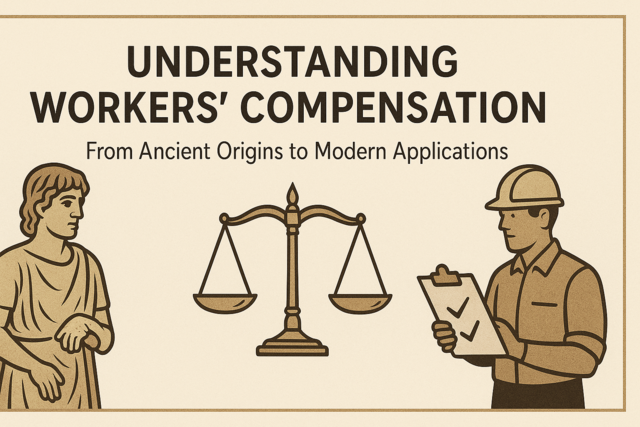
Understanding Workers' Compensation
-

Introduction to Six Sigma
-

Communicating with Diplomacy and Tact
-
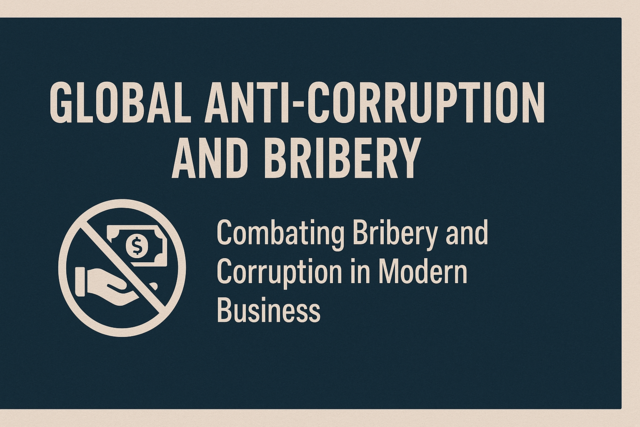
Global Anti-Corruption and Bribery
-

Lean Management
-
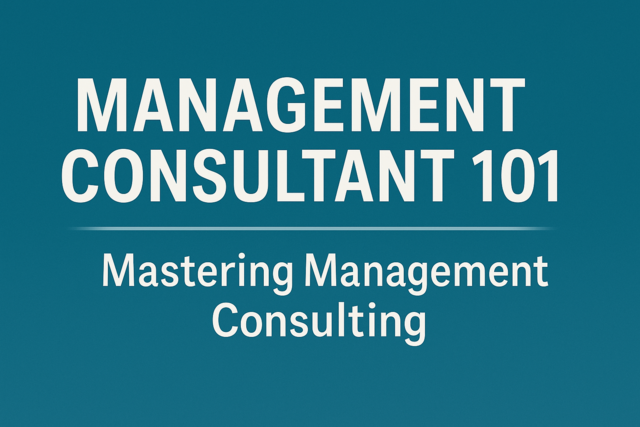
Management Consultant 101
-

Innovative Thinking Skills
-

Management Essentials
-

Collaboration Skills
-

Decision Making Skills
-

Workplace Safety
-

Respectful International Workplace
-

Human Resources Management
-
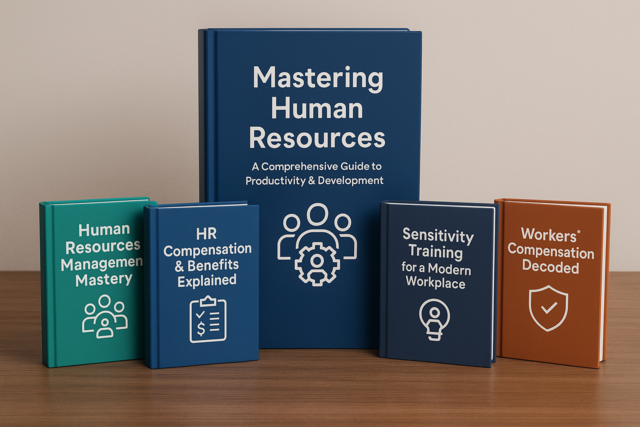
Human Resources Productivity Course Bundle
